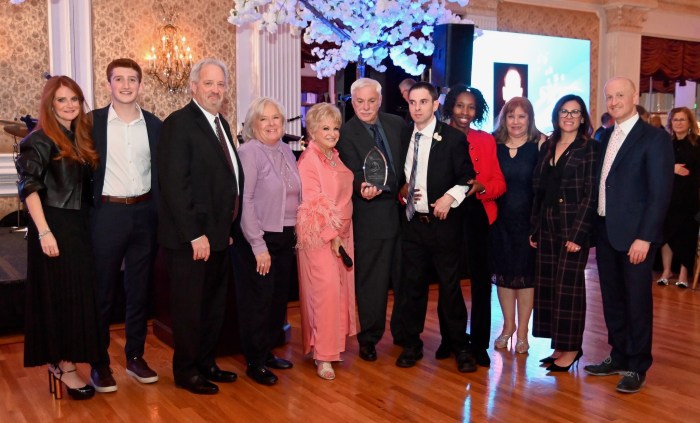The U.S. Agency for International Development (USAID) has vehemently rejected complaints of political favoritism in its grant of US$3.4 million to a human rights group closely linked to a Miami-based nonprofit organization.
This summer, USAID approved the three-year grant to the Foundation for Human Rights in Cuba (FHRC), a Miami nonprofit created by the Cuban American National Foundation (CANF) to help support civil society and democracy on the Spanish-speaking Caribbean island.
But critics alleged that FHRC has little experience with such grants, pointing to the warm relations between CANF, which is considered the premier Cuban exile organization in the United States, and the Obama administration.
South Florida Republican Rep. Mario Diaz-Balart has complained that U.S. funds for democracy programs in Cuba “should be provided only to organizations with strong experience and proven track records” on the island.
“It would be a disgrace if the Obama administration broke with tradition and used a penny of that critical funding to reward political cronies,” he said.
But Mark Lopes, USAID Deputy Assistant Administrator for Latin America and the Caribbean and a former aide to Sen. Bob Menendez (D-N.J.), said a “technical evaluation committee” made up of officials from government agencies is in charge of reviewing grant applications and selecting winners.
“The criteria for competing for USAID funds (are) included in the grant application,” he said.
“This is a technical process based on the merits of the proposals submitted,” he added. “No political appointee had any role in the selection process.”
Critics say Washington’s Cuba democracy programs provoke Havana authorities, who outlaw any cooperation and view the programs as “subversive.”
USAID subcontractor Alan Gross is serving a 15-year prison sentence in Havana on charges of undermining the island’s national security by providing a satellite telephone to Cuban Jews so they could connect to the Internet more easily.
Jorge Alvarez, FHRC’s executive director, said that most of the funds it receives are “spent on the island, and we will follow that guidance.”
















